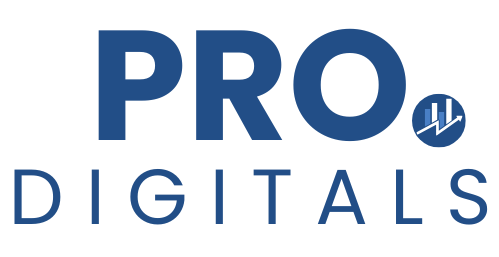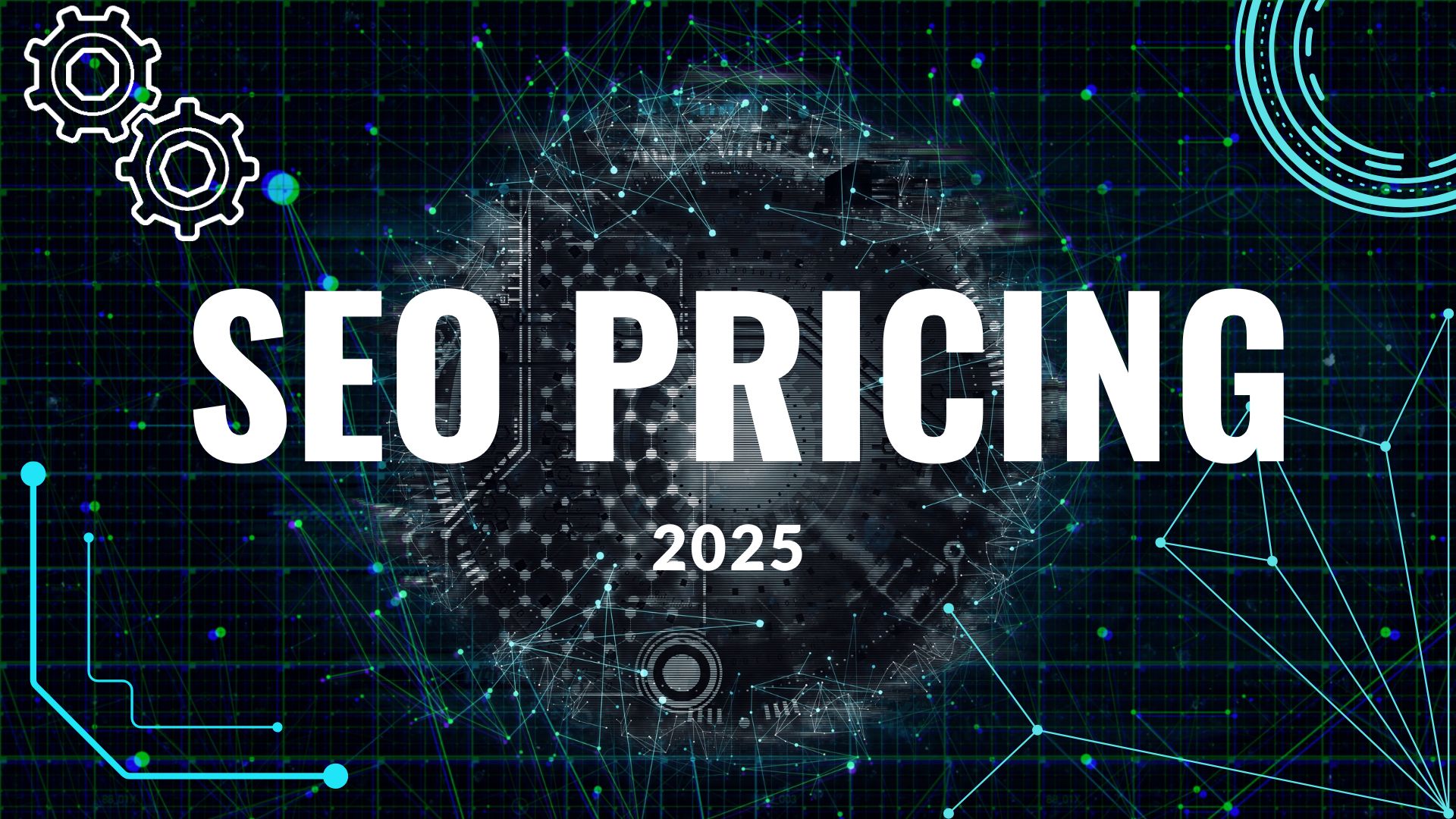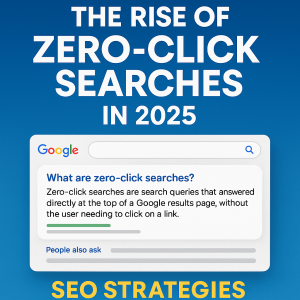Let’s be honest—SEO pricing in 2025 isn’t as simple as ordering a latte. You can’t just slap down $5 and call it a day. It’s more like assembling IKEA furniture without the instructions. Frustrating? Sometimes. Necessary? Absolutely. Whether you’re bootstrapping a startup or managing a corporate SEO budget, knowing where your dollars go is the difference between ranking on page one and vanishing into Google’s abyss.
Decoding SEO Costs: Why One-Size-Fits-All Doesn’t Exist
SEO isn’t a microwave dinner. You can’t nuke it for two minutes and expect gourmet results. It’s a slow-cooked, ever-evolving process. Costs fluctuate based on:
- Your industry’s competitiveness (Selling artisanal candles? Easier. Competing with Tesla? Buckle up.)
- Website complexity (WordPress vs. a custom-built nightmare from the dial-up era.)
- Goals (Traffic? Leads? Brand dominance?)
The DIY Dilemma: Saving Money or Wasting Time?
Thinking of DIY-ing your SEO? Sure, you’ll save cash—if your time is worthless. Tools like Ahrefs or SEMrush cost $100–$500/month. But mastering them? That’s a part-time job. I once met a baker who spent 30 hours/week tweaking meta tags. Her cupcakes were legendary. Her Google rankings? Not so much.
Freelancers vs. Agencies: The Budget Battle Royale
- Freelancers ($25–$150/hour): Great for quick wins. Need 10 product pages optimized by Friday? Done. But scalability? Limited.
- Agencies ($1,000–$10,000/month): They bring armies of specialists. Perfect for long-term strategy. Just avoid the ones that smell like snake oil.
Agency contracts can feel like signing a lease. Freelancers? More like a month-to-month rental. Choose based on your SEO budget—and your tolerance for jargon-filled Zoom calls.
The 2025 SEO Price Tag: Where Your Money Actually Goes
1. Technical SEO ($500–$5,000+)
Imagine building a skyscraper on quicksand. That’s your site without technical SEO. Costs include:
- Website audits ($300–$2,000): Like a colonoscopy for your site. Uncomfortable but necessary.
- Crawl error fixes ($200–$1,500): Googlebot shouldn’t hit dead ends. Unless you enjoy 404s.
- Speed optimization ($500–$3,000): Slow sites annoy users—and Google. Fun fact: A 1-second delay can crater conversions by 7%.
WordPress sites are cheaper to fix. Legacy systems? Pray. Or hire a developer who speaks “ancient code.”
2. On-Page SEO ($1,000–$20,000/year)
This isn’t just stuffing keywords like a Thanksgiving turkey. It’s crafting content that answers questions better than Reddit. Pricing scales with your site’s size:
- Small blogs (10–50 pages): $1,000–$5,000/year.
- E-commerce behemoths (500+ pages): $10,000–$20,000/year.
Warning: If your writer charges $5/article, expect prose flatter than a pancake. Quality content costs more—but it works.
3. Link Building ($1,000–$50,000/month)
Links are SEO’s currency. But not all are created equal.
- Guest posts ($100–$1,000/link): The white-hat gold standard.
- Digital PR ($5,000–$20,000/month): Get featured in Forbes? Worth every penny.
- Sketchy directories ($10/link): The digital equivalent of buying fake Rolexes. Just don’t.
I once tested a “$50 for 1,000 links” service. Google penalized the site faster than you can say “Penguin update.”
4. Local SEO ($300–$5,000/month)
For brick-and-mortar businesses, this isn’t optional. Costs cover:
- Google My Business optimization ($300–$1,500): Because “permanently closed” isn’t the vibe.
- Citations ($200–$1,000): Consistency matters. Misspelled your address? Congrats, you’re invisible.
- Review management ($100–$500/month): One-star Yelp rants can torpedo sales. Invest in damage control.
5. Content Marketing ($2,000–$50,000/month)
Great content isn’t cheap. Cheap content isn’t great. Breakdown:
- Blog posts ($200–$2,000 each): Skip the AI-generated word salad. Humans > bots.
- Videos ($1,000–$10,000): TikTok proved attention spans are short. Make every second count.
- Infographics ($500–$5,000): Data visualization is an art. Stick figures won’t cut it.
The Hidden Costs Nobody Talks About
1. Google’s Mood Swings (Algorithm Updates)
One day you’re ranking. The next? Poof. Recovering from an update can cost thousands. It’s like paying a mechanic after your car mysteriously dies.
2. Tool Tax
- SEO software ($100–$500/month): The good stuff isn’t free.
- CRM systems ($50–$300/month): Tracking leads isn’t optional.
- Analytics nerds ($1,000–$5,000/year): Data is useless if you can’t interpret it.
3. A/B Testing ($2,000–$10,000)
Trial and error isn’t free. Testing headlines, CTAs, or layouts adds up. But guessing is costlier.
Crafting Your SEO Budget: A Tiered Approach
Startups/Small Businesses ($500–$3,000/month)
- Prioritize local SEO and on-page tweaks.
- Hire a freelancer for technical fires.
- Allocate $1,000–$2,000 for content. Pro tip: Repurpose blogs into social snippets.
Mid-Sized Companies ($3,000–$10,000/month)
- Invest in link building and niche content.
- Consider an agency for scalability.
- Budget for premium tools. Moz Pro starts at $99/month—worth it for competitor intel.
Enterprises ($10,000–$50,000+/month)
- Global SEO? Hire linguists and regional experts.
- In-house teams or elite agencies only.
- High-end PR campaigns. Think New York Times, not “Top 10 Cat Blogs.”
The Bottom Line
SEO in 2025 isn’t getting cheaper. Competition is fiercer. Algorithms are savvier. And yes, shady vendors still peddle “instant rankings.” (Spoiler: They’re lying.)
The smart move? Start small. Track ROI. Scale what works. And if an “expert” promises #1 rankings by next Tuesday? Block their number. 🚀
Random fact: Google processes 8.5 billion searches daily. Your slice of that pie depends on how wisely you spend your SEO budget. Now go forth—and optimize like your revenue depends on it. (Because it does.)


